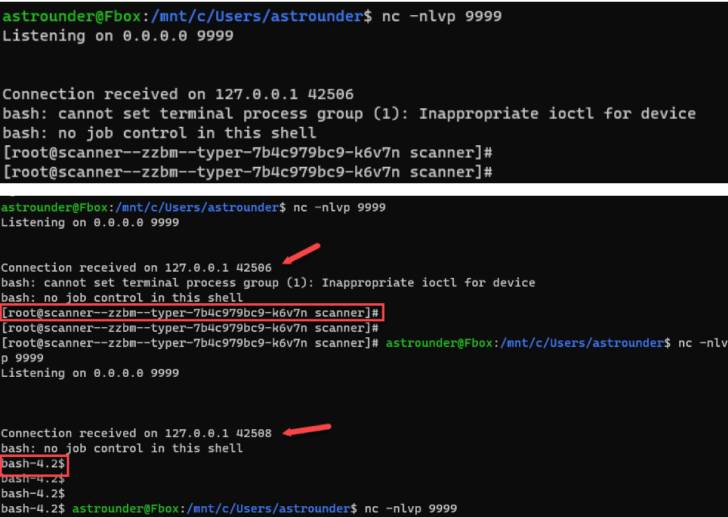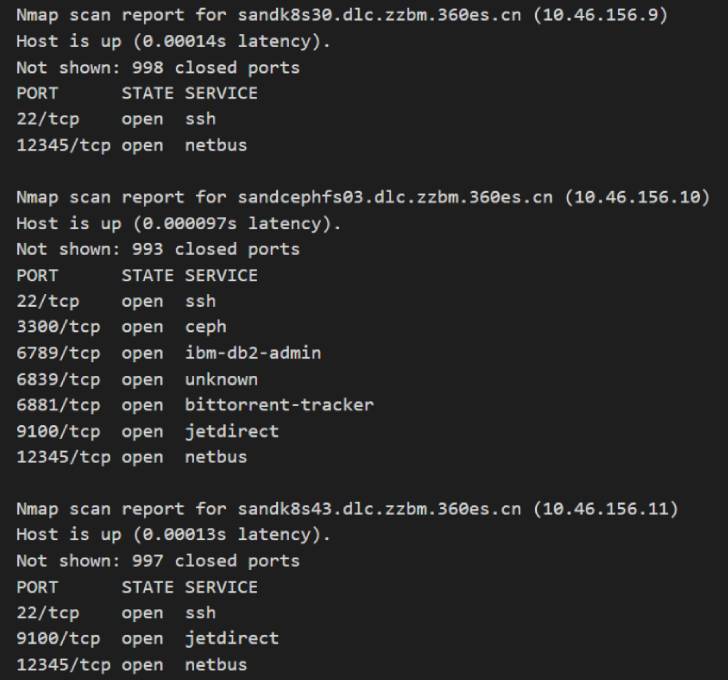Researchers Exploit Unpatched AV Engines via VirusTotal Malware Scanner
Security researchers have disclosed a security vulnerability that could allow an attacker to weaponize the VirusTotal platform as a conduit to achieve remote code execution (RCE) on unpatched third-party antivirus engines.
The flaw, now patched, made it possible to “execute commands remotely within VirusTotal platform and gain access to its various scans capabilities,” Cysource researchers Shai Alfasi and Marlon Fabiano da Silva said in a report exclusively shared with The Hacker News.
VirusTotal, part of Google’s Chronicle security subsidiary, is a malware-scanning service that analyzes suspicious files and URLs and checks for viruses using more than 70 third-party antivirus products.
The attack method involved the upload of a DjVu file through the platform’s web user interface, using it to trigger an exploit for a high-severity remote code execution flaw in ExifTool, an open-source utility used to read and edit EXIF metadata information in image and PDF files.
Tracked as CVE-2021-22204 (CVSS score: 7.8), the high-severity vulnerability in question is a case of arbitrary code execution that arises from ExifTool’s mishandling of DjVu files. The issue was patched by its maintainers in a security update released on April 13, 2021.
A consequence of such an exploitation, the researchers noted, was that it granted a reverse shell to affected antivirus engines that had not yet been patched for the remote code execution vulnerability.
In a statement shared with The Hacker News, VirusTotal confirmed that it’s the intended behavior and that the code executions are not in the platform itself but in the third-party scanning systems that analyze and execute the samples. The company also said it’s using a version of ExifTool that’s not vulnerable to the flaw.
Cysource said it responsibly reported the bug through Google’s Vulnerability Reward Programs (VRP) on April 30, 2021, following which the security weakness was immediately rectified.
This is not the first time the ExifTool flaw emerged as a conduit to achieve remote code execution. Last year, GitLab fixed a critical flaw (CVE-2021-22205, CVSS score: 10.0) related to an improper validation of user-provided images, leading to arbitrary code execution.
(Update: The story has been revised based on a statement from VirusTotal to clarify the nature of the exploitation.)
[ad_2]
Share this news on your Fb,Twitter and Whatsapp
Times News Network:Latest News Headlines
Times News Network||Health||




